The Lost Voices - A series of three initiatives to collate stories on inequalities faced by the early-career researcher (ECR) community, to help empower us all and enact institutional change.
Our summary video
You can read a blog post describing our campaign and findings here, and you can also download our full report (pdf, 1.4MB).
Phase 1: Call to Action (26th March - 24th May)
ECR 'inequality stories' were nationally collected through our story collection page, anonymous surveys, social media and a cross-institution blog campaign. Stories drew on lived experiences, revealing a range of inequalities not limited to race and gender, such as financial support, sexuality, religion, accent, class, mental health, diet, caring responsibilities, and disability.
Please support us by following, re-sharing and engaging with these initiatives to raise awareness and highlight inequalities faced by our ECR community.
Phase 2: Skills & Empowerment Series: How can you (all) make the change?
Alongside collecting 'inequality stories' from the ECR community, we have collated 'overcoming stories' including tips and skills from senior academics who may have faced similar issues earlier in their careers, to provide inspiration and concrete advice for the ECR community on how to overcome and navigate these issues from their lived experiences.
What are we hoping to achieve?
We are hoping to use these 'overcoming' stories to offer skills / resources to ALL, equipping the early-career researcher community with skills and knowledge both to overcome the different barriers we face and to improve the research environments for each other, since this is something we have to do together.
Our contributors
Thanks to our senior academics who have agreed to be interviewed about their experiences! Please see our ECR toolkit on Youtube or click on the individual links below the images to see or hear their advice.
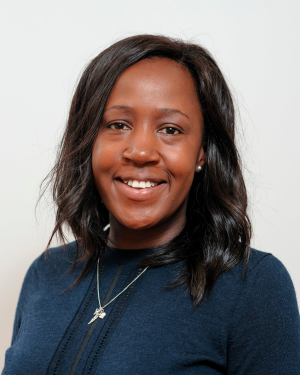
Dr Emily Sena
Senior lecturer at the Department of Clinical Brain Sciences, University of Edinburgh.
Video
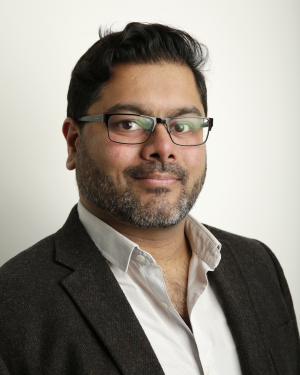
Dr Deepak Srivastava
Senior lecturer at the Department of Clinical Brain Sciences, King's College London.
First video, second video
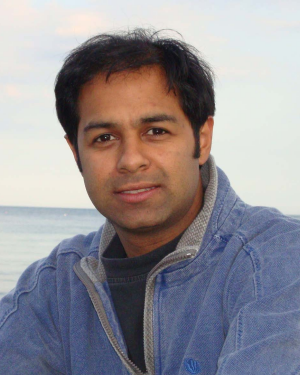
Professor Mitul Mehta
Professor of Neuroimaging and Neuropharmacology, King's College London.
Video
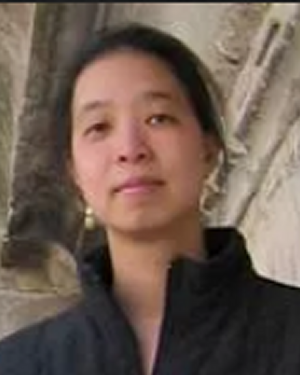
Professor Karen Liu
Professor in Signalling and Development, King's College London.
First video, second video
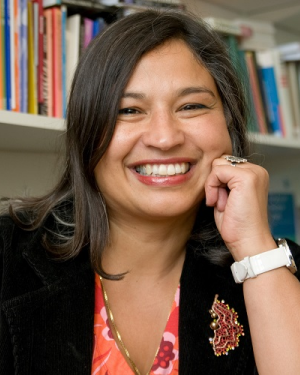
Professor Heidi Mirza
Emeritus Professor of Equalities Studies in Education, University College London Institute of Education.
First video, second video
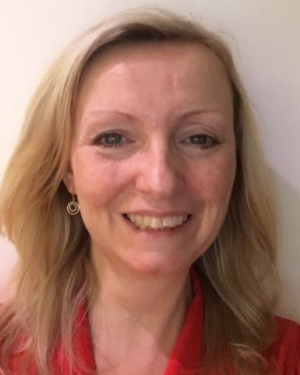
Dr Lisa Nolan
Kings Prize Research Fellow, King's College London.

Anonymous
Senior lecturer.
Phase 3: Final Session: How to enact institutional change?
This pre-recorded video will encompass a panel debate, and will be the culmination of all previous sessions. It will highlight the current mismatch, and hold institutions to account for the change that needs to be made, looking both outwards and inwards of the universities.
Panellists
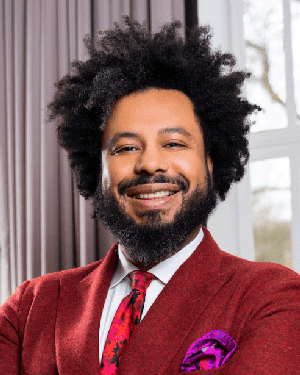
Professor Jonathan Wilson
Professor of Brand Strategy & Culture and Director (Content) International Business, Regent's University London.
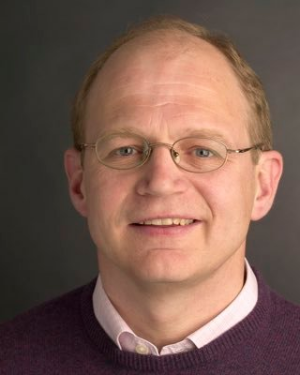
Professor David Bogle
Professor of Chemical Engineering and Pro-Vice-Provost of University College London Doctoral School.
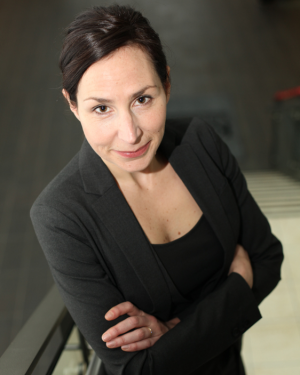
Dr Sandrine Thuret
Reader in Neuroscience and Mental Health and IOPPN Gender Equality Champion, King's College London.
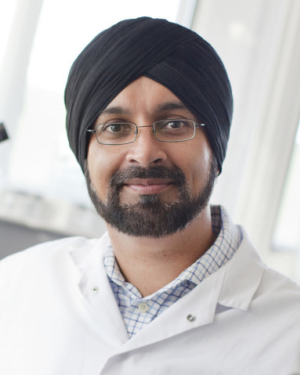
Professor Waljit Dhillo
Professor in Endocrinology & Metabolism, Imperial College London, and Dean of the NIHR Academy.
Phase 4: Feedback
In June 2021, we presented our findings to seven institutional EDI leaders. Our aim was to initiate conversations and to push for solutions for a truly inclusive research culture. The leaders who joined us were:
- Simon Hix, Pro-Director (Research) at the London School of Economics & Political Science
- Sasha Roseneil, Pro Vice-Provost (Equality and Inclusion) at University College London
- Ash Talwar, Equality, Diversity and Inclusion Manager at University College London
- Stephen Curry, Assistant Provost for Equality, Diversity and Inclusion at Imperial College London
- Julia Bailey, Associate Professor in Primary Care at University College London
- Sheila Gupta MBE, Vice-Principal (People, Culture and Inclusion) at Queen Mary University of London
- Sarah Guerra, Director of Equality, Diversity & Inclusion at King's College London
We have prepared a series of short videos summarising advice from our senior academics, which you can see on Youtube (phase 2). You can read a blog post describing our campaign and findings here, and you can also download our full report (pdf, 1.4MB).
Who are we?
This event was initiated and led by Sarah Jasim (UCL), with support from the London Postdocs, in particular Rui Pires-Martins (QMUL), Morag Lewis (KCL), Shaakir Salam (KCL) and Jemima Ho (KCL).
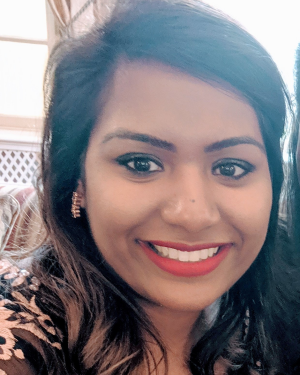
Sarah Jasim
I am a Research Fellow in Social Care at NIHR ARC North Thames, working at the Care Policy Evaluation Centre at LSE and Department of Applied Health Research at UCL. I joined London Postdocs in 2018 to represent the interests of early-career researchers, as I wanted to raise awareness of the challenges faced by postdoctoral researchers, and work towards a collective solution to tackle these. I would especially like to draw out the inequalities and biases faced by early-career researchers - so we can work together to address and overcome these.
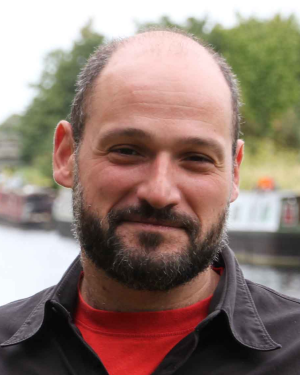
Rui Pires Martins
I am the Researcher Development Adviser for postdocs and early-career researchers at Queen Mary University of London. Prior to this, I was an EMBO Postdoctoral Research Fellow at The Gurdon Institute (Cambridge) from 2007-2009, and a Postdoctoral Research Associate in the Institute of Bioengineering (QMUL) from 2009-2013. As a former postdoc and someone who advocates on behalf of QMUL postdocs, working to empower this group of highly skilled people is something I feel passionate about.
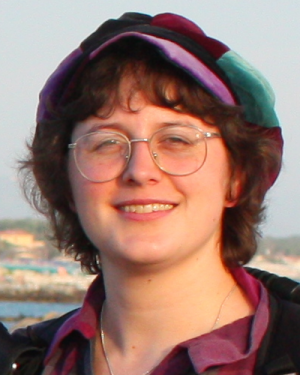
Morag Lewis
I am a postdoc at King's College London, studying the genetics of progressive hearing loss. I joined the London Postdocs group because I want to see more careers options for postdocs within our academic research environment. It's encouraging to see the conversations around this topic develop, and that they frequently touch on the need for greater equality, diversity and inclusion, but I am aware that much more needs to be done to tackle the inequalities that stubbornly persist in academia. I really want to see us move towards a system where people can flourish without being held back by something which has nothing to do with their research and academic ability.
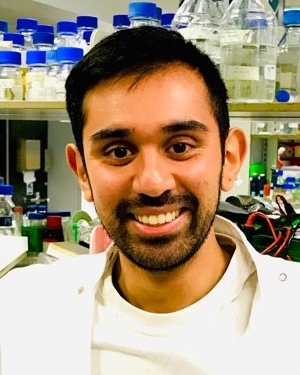
Shaakir Salam
I am a Research Fellow at The Institute of Psychiatry, Psychology & Neuroscience (King's College London). I look at implementing an FDA approved drug to combat specific changes in Frontotemporal Dementia (FTD) / Amyotrophic Lateral Sclerosis (ALS) with a particular interest in endoplasmic reticulum-mitochondrial interactions. I am excited to get involved in this initiative to give disadvantaged minorities a voice and confidence within academia in a system that is not set up for them to succeed.
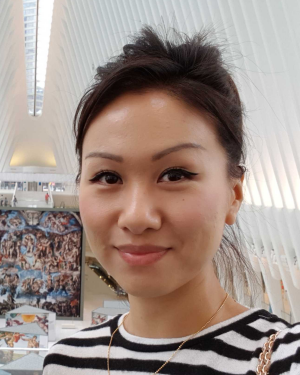
Jemima Ho
I am a Postdoctoral Research Fellow at KCL working in the field of Mucosal Immunology. I joined London Postdocs with a wish to help unify our community and work towards an improved and efficient strategy for postdoctoral career progression within the research industry. I am keen to promote ties between academia and industry, placing postdocs at the forefront and bringing awareness to their value.
These initiatives have been funded by a UCL researcher-led initiative (RLI) award and supported by The London Postdocs, NIHR ARC North Thames, and cross-institutional researchers and research development staff from UCL, LSE, KCL and QMUL.
We welcome all views and support, these initiatives are not only limited to London, UK.
#AcademicsAssemble
#TheLostVoices
FAQs
Who is a member of the early career researcher community?
"Early-career researcher" means different things to different people, and across different disciplines. This could include a PhD student / researcher, a research associate, a research fellow, a postdoctoral researcher (typically within 7-8 years of being awarded their PhD), a teaching fellow, a new lecturer who just transitioned from a postdoctoral post, if you work alongside other postdoctoral researchers, or if you have previous experience of being a postdoctoral researcher.
What do you want to know?
- What kind of inequalities or biases have you directly or indirectly faced?
- Were you able to overcome this, if so, how? Can you suggest what might be needed to help others overcome similar issues? (Optional)
- Please end with a question you wish to be answered to enact institutional change regarding inequalities and biases that ECRs might face (Optional).
I'm interested, how can I contribute?
Thanks! We have a few ways:
- Please share a short video (maximum length 2 minutes 19 seconds) detailing your experience - referring to the What do you want to know? section using the criteria. Please see Sarah's template video as an example. The first 20 video stories will be paid via £10 vouchers (ie Lifestyle/Amazon) to reimburse you for the time you have spent. We aim to email these within a few weeks of sending in your video if it meets the eligibility criteria, at the end of May latest.
- Please share a short anonymous video (maximum length 2 minutes 19 seconds) detailing your experience anonymously. You can be as creative as you like to convey your experience, using voice displaying images, for example. Again, we would like you to please refer to the What do you want to know? section using the criteria outlined. The first 20 video stories will be paid via £10 vouchers (i.e. Lifestyle / Amazon) to reimburse you for the time you have spent. We aim to email these within a few weeks of sending in your video if it meets the eligibility criteria, at the end of May latest.
- Please share an anonymous recording (if you do not wish to be identified). The first 20 audio stories will be paid via £10 vouchers (i.e. Lifestyle / Amazon) to reimburse you for the time you have spent. We aim to email these within a few weeks of sending in your audio recording if it meets the eligibility criteria, at the end of May latest.
- Please contribute your experience via our online survey
- Please follow, engage with and share our content through the following channels: Youtube, London Postdocs LinkedIn Group, LondonPostdocs Twitter, London Postdocs Instagram, London Postdocs Facebook Group.
- Please do add your stories to our collection - this is entirely anonymous, and whatever else you choose to do, we would love to hear from you on this page.
We will not be keeping hold of any e-mail addresses that are sent to us through The Lost Voices initiative. E-mail addresses will only be used for the purposes of arranging payments.
How do I submit my video/audio recording?
You can use WeTransfer to send your files to londonpostdocs@gmail.com, or you can upload your video to Youtube, mark it as “unlinked” so it is not publicly available, and send us the link. We will not be making use of any identifying information involved (eg email address, Youtube account). However, if you are keen to do this completely anonymously, you can set up a temporary email address to use with WeTransfer, or a temporary Youtube account (in the latter case, please send us the link via our story collection page).
How do I arrange for captions or a transcript?
We recommend writing a quick script to help condense your message to a maximum of 2 mins 19 seconds. You could simply send us this file to be included with the video/audio recording. Zoom, YouTube and Facebook have auto-captioning software that could be used.
How do you determine the first 20 video/audio entries?
In the order they are received and screened.
What payment is being offered?
If you would like to receive payment for your video*, please e-mail sarah.jasim@ucl.ac.uk at the same time as sending your video/audio recording, stating the title of the video/audio recording, your preference of voucher (ie Lifestyle/Amazon) and the e-mail address you would prefer the £10 voucher is e-mailed to.
If you are one of the first 20 video/audio recordings, and your content is:
- Within the specified time of 2 minutes and 19 seconds
- Audio is clear throughout the duration of the video/audio recording (no noise disturbance)
- You meet criteria (please refer to the What do you want to know? section)
- There is no conflict of interest
- You do not use abusive, offensive or derogatory language
- You either use subtitling, closed captioning, or provide a written transcript with your video/audio recording (to enable inclusivity)
*Please note we can only send payment for the first 20 video/audio recordings that are received that meet the criteria stated above.
When will I receive the £10 voucher (i.e. Lifestyle/Amazon)?
At the end of May 2021, via e-mail.
I'm not sure if I have been treated unequally or faced an inequality or bias, do you have any examples?
Please find some examples, this is not an exhaustive list:
- BAME (Black, Asian, Minority Ethnic) background
- Disability background
- Caring responsibilities
- Mental health background
- LGBTQ+
- Non-native English speaker / non-British accent
- Did not receive British education / only recently started to work in the UK
- Faced financial inequalities
- Class / social mobility
What will you do with my video/audio recording?
If you send us your video/audio recording, we will accept this as consent to share your video/audio recording on multiple public platforms, badged with the 'Lost Voices' logo. We may also use sections of the video and / or audio content to use in an output summary video/audio recording, and potentially other outputs related to the 'Lost Voices' initiatives. These video/audio recordings will be used to try to enact institutional change.
If you wish to be credited in the output summary video, please send us your full name, affiliation, and institution.
Do you have any tips for creating a video/audio recording?
Yes! Sarah has never made a video before, these are her tips:
Contributions and Thanks
Sarah Jasim (NIHR ARC North Thames, UCL, LSE)
Morag Lewis (KCL)
Rui Pires Martins (QMUL)
Shaakir Salam (KCL)
Jemima Ho (KCL)
Jumani Yogarajah
Silvie Cooper (UCL)
Ruth Plackett (UCL)
NIHR ARC North Thames ECR Committee
Kailey Nolan (NIHR ACR North Thames, UCLPartners)
Alex Teale (UCL Academic Career Office)
London Postdocs
Josh Kaggie (University of Cambridge)
LSE CPEC Diversity & Inclusion Working Group (LSE)
UKRSA Committee
Sheetal Saujani (UCL Research OD)
Angelica Jopson (BBC)
Rebecca Linder (UCL)
